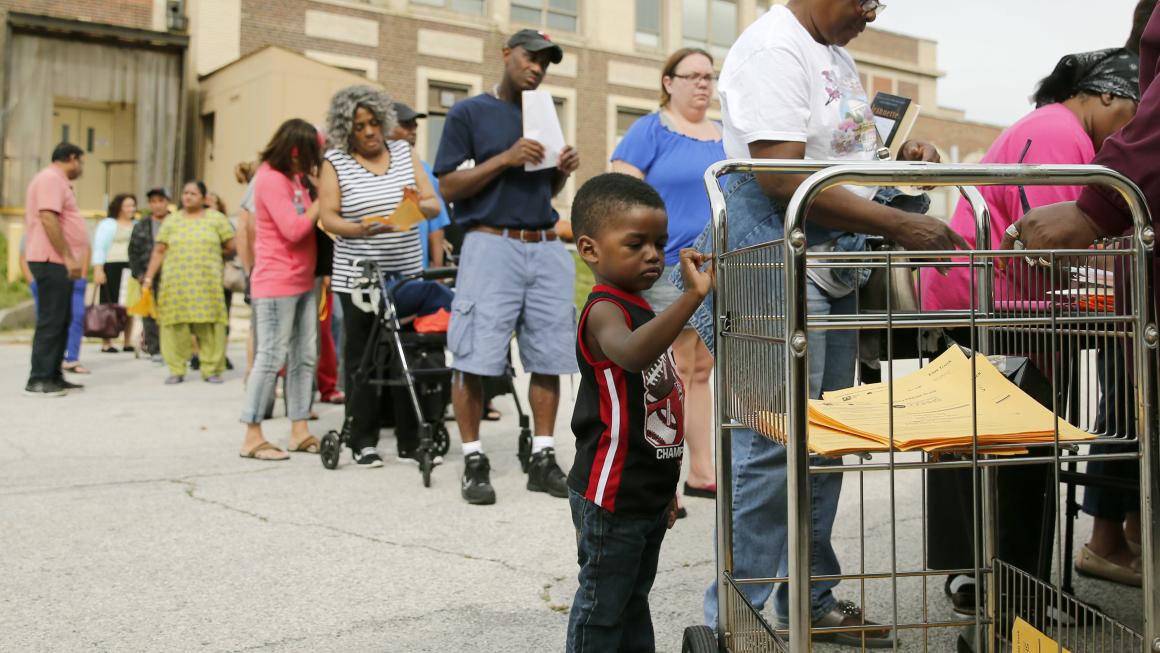
Watch a recording of the event webcast here.
Large numbers of Americans feel financially insecure, because of increasing volatility in monthly income. Nearly two-thirds of low-income, working-age adults live in households where income spikes or dips significantly in at least one month of the year, and nearly 40 percent live in households with income spikes and dips in at least six months of the year.
This volatility results in many families struggling to meet monthly financial obligations such as rent. It also causes episodic poverty, which the social safety net does not address. In addition, income volatility can complicate a person’s ability to predict the receipt and amount of refundable tax credits, such as the earned income tax credit, which is the largest antipoverty program for working age families.
The Urban-Brookings Tax Policy Center invites you to a panel event where leading practitioners and policy experts on the social safety net and tax policy will discuss how households experience income volatility and ways current policies help or hinder families predict and plan for tax obligations and windfalls. The conversation will include groundbreaking research from the recently released book The Financial Diaries: How American Families Cope in a World of Uncertainty.
Panelists Include:
- Elaine Maag, Senior Research Associate, Urban-Brookings Tax Policy Center
- Aparna Mathur, Resident Scholar, American Enterprise Institute
- Tim Ogden, Managing Director, Financial Access Initiative, New York University
- Kate Griffin, Vice President, Programs, Prosperity Now
- David Williams, Chief Tax Officer and Executive Director, Intuit Tax and Financial Center, former Director of Earned Income Tax Credit Office, Internal Revenue Service (moderator)
Event Materials:
For inquiries regarding this event, please contact [email protected].
Image Attribution: Tae-Gyun Kim/AP Photo

